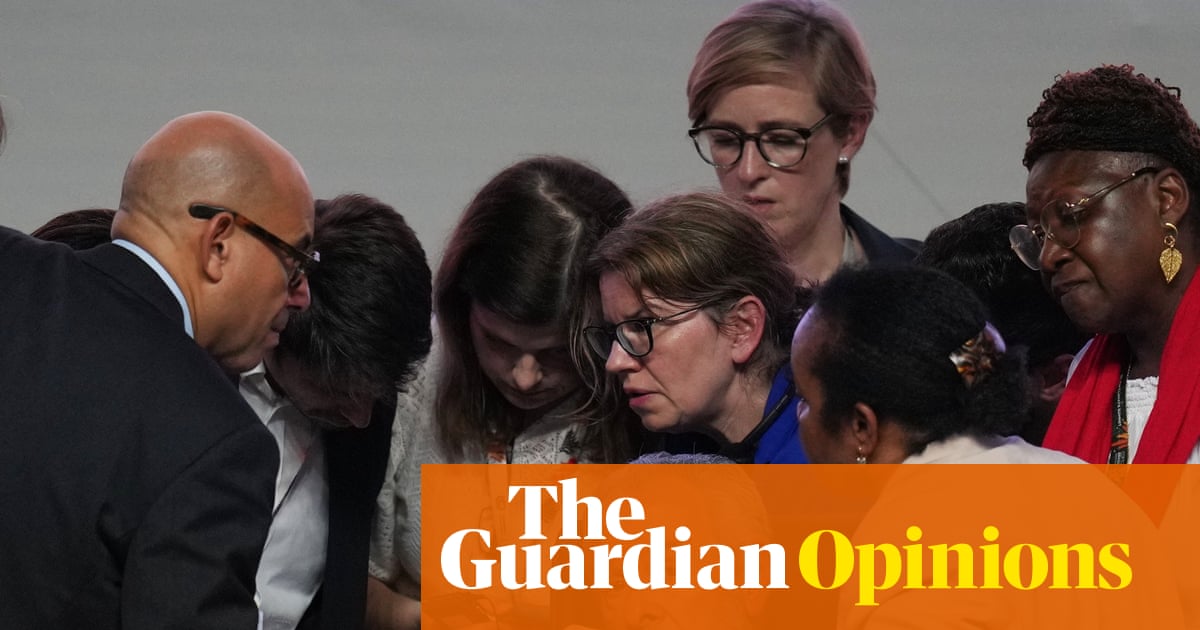
"This year's UN climate talks in Brazil's Belem ended without a major breakthrough. The text of the final agreement lacked a deal to shift away from fossil fuels, delayed crucial finance and the mutirao decision contained no roadmap to halt and reverse deforestation. But the multilateral system at Cop30 held together at a point when its collapse felt close. This ought to be a warning: next year's conference of the parties must strike a better bargain between the rich and poor world."
"Developing countries are far from united on some issues. Over rare earth minerals China sees any move as targeting its dominance, while Africa sees it as essential for governance. Elsewhere petrostates did not support Colombia's call for a fossil fuel phase-out. Yet the global south broadly coheres around a simple principle: its nations must be equipped to survive a climate emergency they did not create. That means cash to build flood defences, make agricultural systems resilient, protect coastlines and rebuild after disasters strike."
"They also demand front-loaded finance to transition to clean, green economic growth. But climate finance is a hard sell in the global north. Rightwing populists in the west rail against cash being spent on climate and foreigners. Any issue that fuses the two becomes a difficult political terrain. Then there is the broader geopolitics one in which spiky confrontations have become the norm. For parts of the rich world, clean industrialisation of the global south isn't a priority it's an economic threat."
COP30 concluded without a major breakthrough, with the final agreement failing to commit to a fossil-fuel phase-out, postponing crucial finance, and offering no deforestation roadmap. The multilateral system nevertheless held together despite nearing collapse. Developing countries diverge on issues like rare earth minerals, where China and Africa have opposing views, and petrostates resisted a fossil-fuel phase-out. The global south demands funding to survive climate emergencies and front-loaded finance for green transitions. Climate finance faces political resistance in the global north amid rightwing populism and broader geopolitical tensions, including US absence and concerns about economic competition with China.
Read at www.theguardian.com
Unable to calculate read time
Collection
[
|
...
]